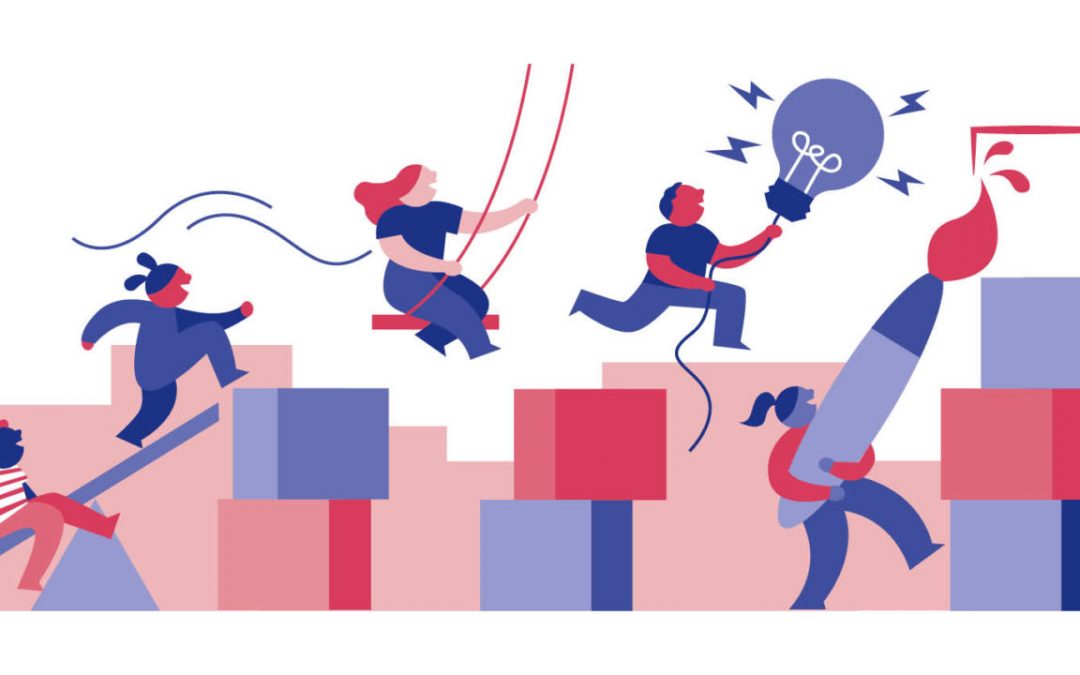Benjamin Franklin said, “An investment in knowledge pays the best interest.”
Commercial activities driving our economy have been undergoing rapid changes over the last few decades. As humanity is coming closer in terms of trade and commerce, the pace has been quickening. Business-owners have been complaining the world over that the new entrants in the labour pool do not have all the skills they are looking for. One of the recent reports by The Brookings Universal Centre for Education shows that by 2030, more than half of the world’s 2 billion children will not be having the desired levels of basic skills such as problem-solving. Job-readiness has been a challenge all over the globe. Various countries have adopted different ways of tackling this problem.
Secondly, a report by the World Economic Forum in 2020 says that we have a crisis in education – 72 million children in the age of receiving primary education are not in the school. We can imagine the social problem that stares at us in 2030 and beyond. Countries have to find ways of skilling the children in such a way that the industry of tomorrow is welcoming them. Given the inter-connectedness of our world, we need countries with resources to think beyond their borders and offer innovative solutions to all the children in the world. This is a call not aimed at invoking their solidarity with the world, rather it is pretty much a socio-economic need for them.
What do we need to change?
The industry of the future will have an increasing amount of automation and the workforce will be required to blend closely with the machines which will be a lot more intuitive than what they are today. Skills in engaging with human beings, working collaboratively, critical thinking, imagination, adapting changes rapidly and dealing with emotionally charged situations are going to be premium.
Over the last many decades, we have valued people highly when they were able to gather a lot of information, recall and reproduce them when needed. Our teachers in the schools and colleges taught us by reproducing what is written in books; we took them down as notes in the class; most of our classrooms and laboratories are devoid of debates, discussions, simulations and trials of new ideas. Students are encouraged to pour their concentration into memorising the information given in the books and written in the notes. We celebrate the achievements of students who can reproduce the information the best. As they get into the actual workplace, a very small part of that information is handy; even if one doesn’t remember the information, we can ask Google!
Focus on the real skills required to succeed in work-life
Our workplace needs us to communicate well among peers, subordinates, bosses, suppliers and customers. We are expected to understand the practical situations and innovate ways of dealing with them. We have to collaborate, think rationally and deal with not only our own emotions but also of the other people around us. Shouldn’t we be educating our kids to acquire these skills and testing them on these rather than on their ability to memorise information?
It doesn’t matter if I am learning carpentry or computer science. Irrespective of the profession I want to adopt, all the information I need are available on the internet. I need my teachers, guides and mentors to teach me how to gather the information and assimilate them. I need to learn how to use them in daily life to create value either for the immediate future or for the posterity.
Policymakers to teachers need to make changes
I remember, in the early 2000s, banks in India adopted computers. Despite a significant change management program by the management, the employees were concerned about maintaining records on a screen rather than on the ledgers they used earlier, scared of operating a machine running on electricity and found it hard to remember the sequence of commands they have to give to the computer to carry out a transaction. It took them months and years to get comfortable with the new system.
Similarly, our policymakers, administrators, teachers, assessors, parents, children and every stakeholder in the education system have to understand the need for a change. Government of India has announced a new education policy which will be shaped now in the form of a curriculum and new ways of imparting the education. This change needs to be managed sensitively as well as effectively so that everyone connected with this understands that the world needs our children to have skills which are changing fast.
They need to ensure that the content they use and the methods they practise are helping students to stay curious, ask questions, develop perspectives, offer them to others, learn from others, listen well, hone their skills to observe new realities and adapt them quickly. This is critical for our future!


